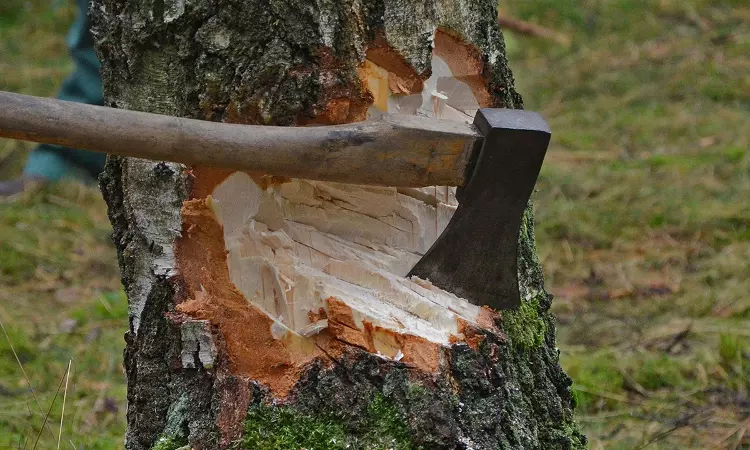Being Custodian, It's The State Which Must First Assess If Tree-Felling Is Even Required: Supreme Court
Debby Jain
7 Feb 2024 11:21 AM IST

Next Story
7 Feb 2024 11:21 AM IST
While hearing a public interest litigation with respect to the environmental issues in the Taj Trapezium Zone, the Supreme Court on Tuesday (February 6) expressed displeasure at private parties seeking permission to fell trees for industrial projects without first approaching the custodian of subject land (ie State) and/or providing a concrete plan for compensatory afforestation.The Bench...
